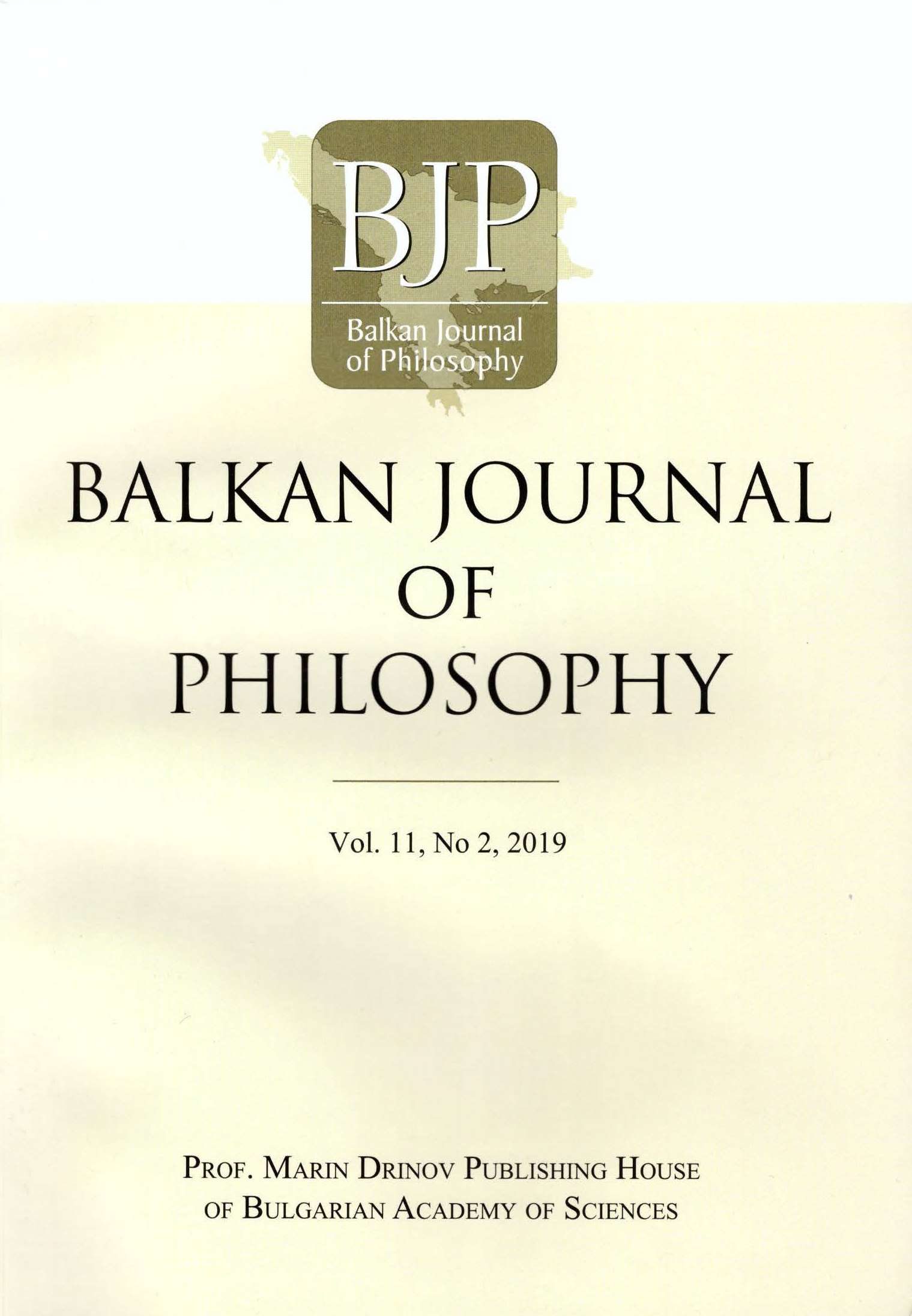Language Relativity
Language Relativity
Author(s): Serghey GherdjikovSubject(s): Philosophy, Special Branches of Philosophy, Philosophy of Science, Philosophy of Language
Published by: Институт по философия и социология при БАН
Keywords: relativity; language; world; real; virtual; translation; indetermination.
Summary/Abstract: We produce language forms via their relations in co-ordinate systems: languages. That is virtual language relativity. Languages are related to phenomena and work in the real life of communities. That is real language relativity. We use languages via symbolic behaviors, living in human communities. Relativism collapses at the level of successful exchange of experience between humans belonging to distant cultures. Relativism is a stance of not recognizing the real relatedness of all languages to one and the same human form and world. Absolutism (Universalism) is a stance of not recognizing relativity as definiteness, that is, the virtual interrelatedness of all languages. Languages are shaped by human life processes. We follow the path from “local languages,” which are analogous to ‘inertial systems’, (this represents ‘virtual relativity,’ which is analogous to special relativity in physics) to living people talking about one shared sensual world (this represents ‘real relativity’).
Journal: Balkan Journal of Philosophy
- Issue Year: XI/2019
- Issue No: 2
- Page Range: 133-144
- Page Count: 12
- Language: English
- Content File-PDF

